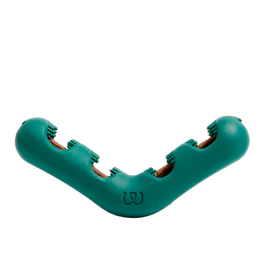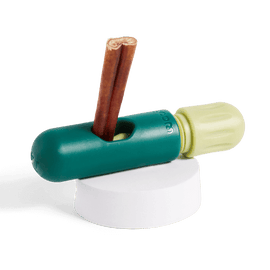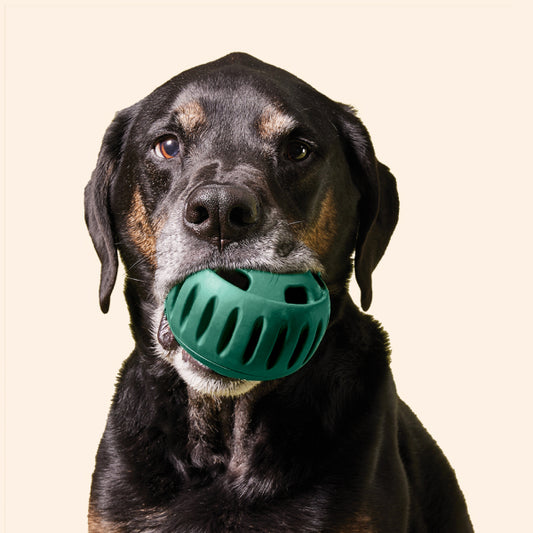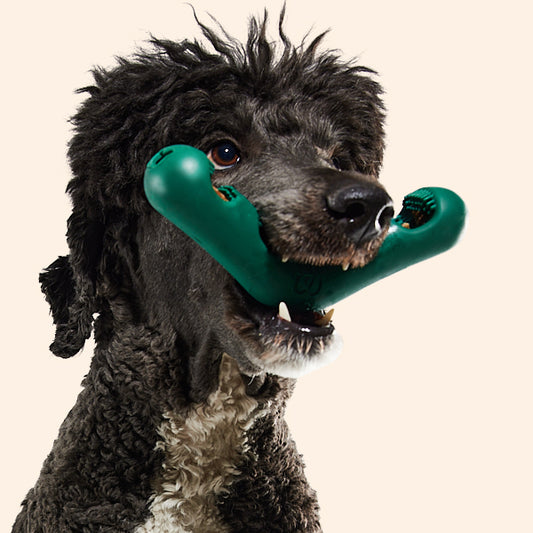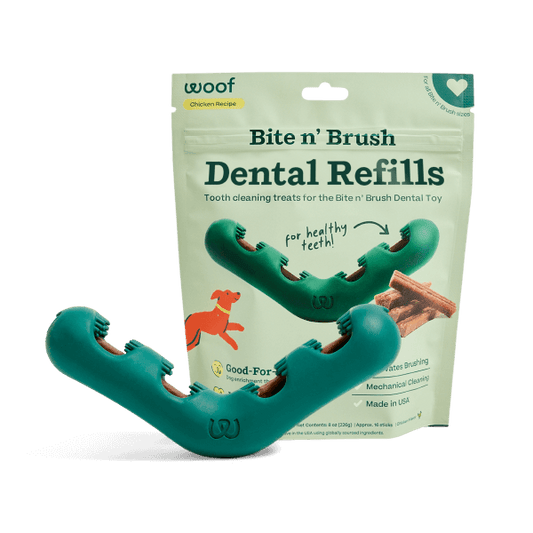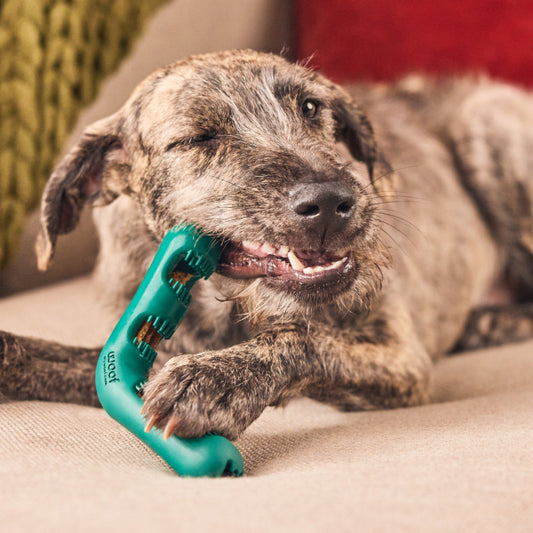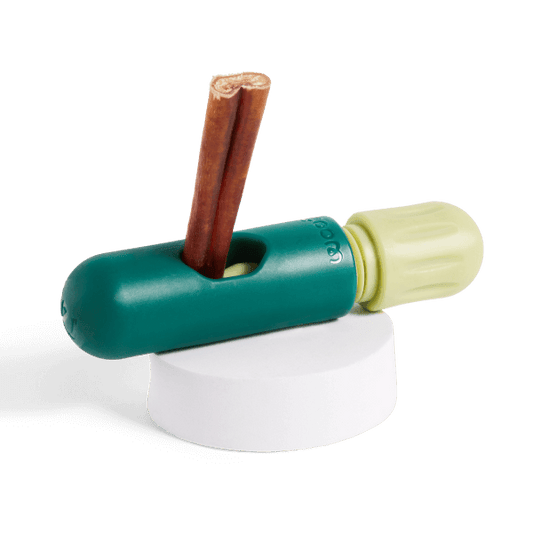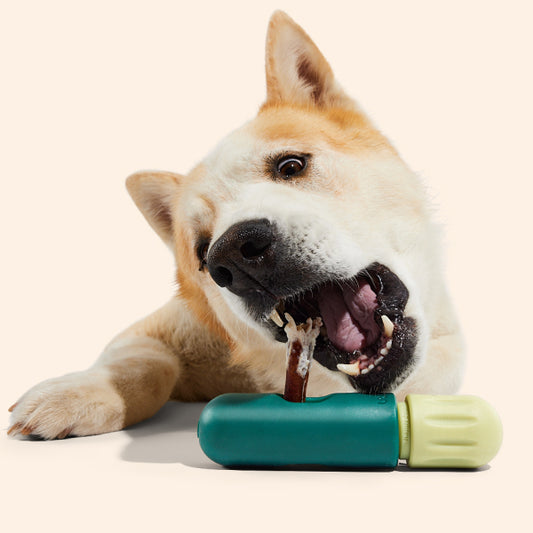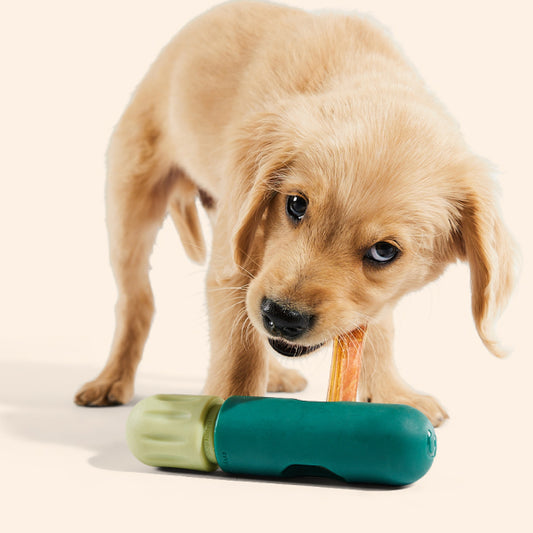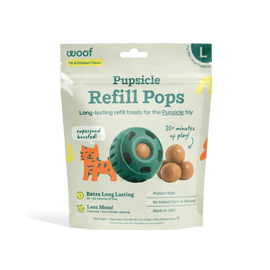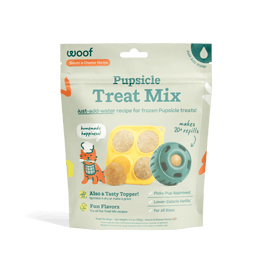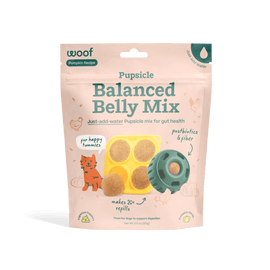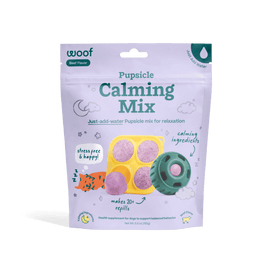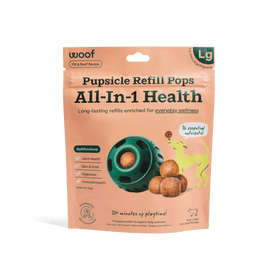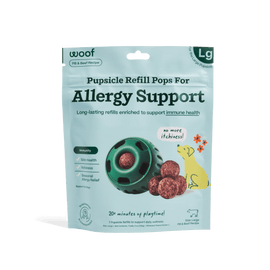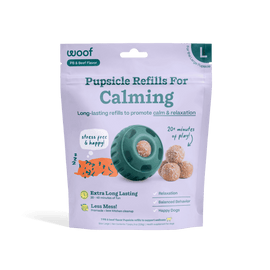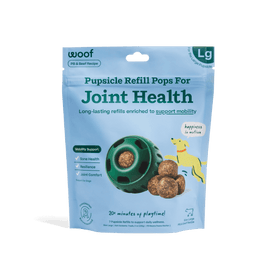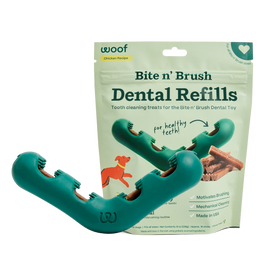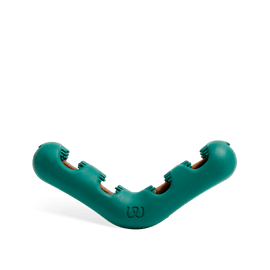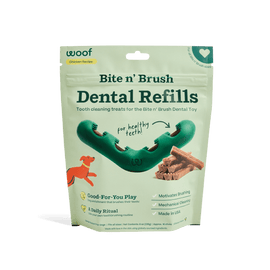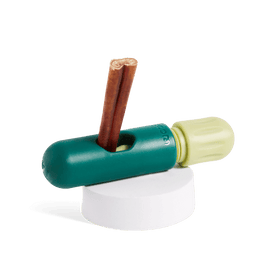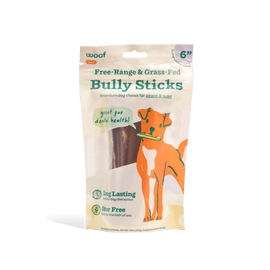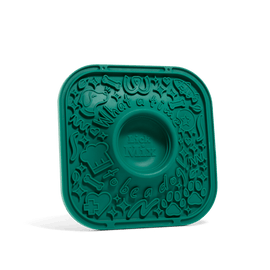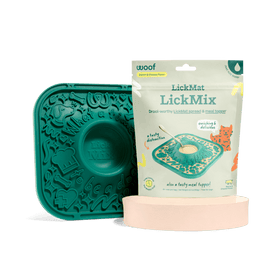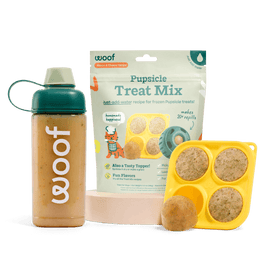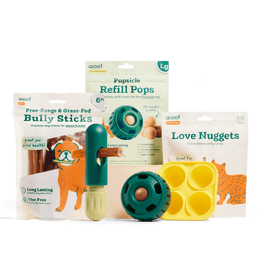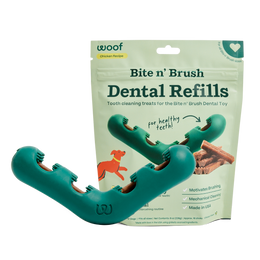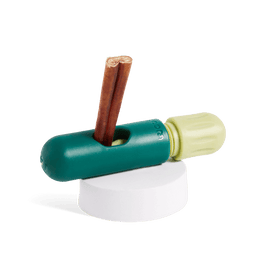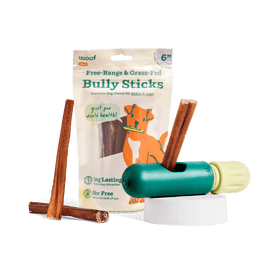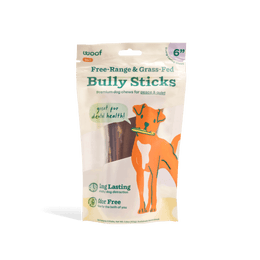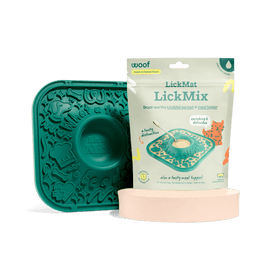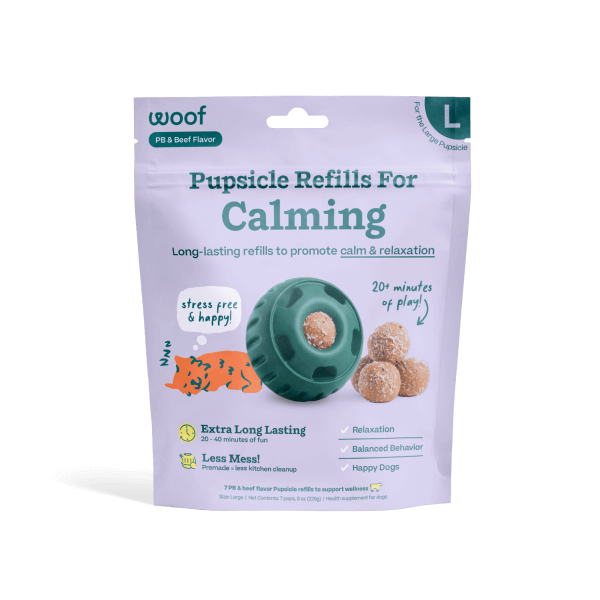As dog owners, we all want the best for our furry friends and providing them with a healthy, balanced diet is essential. Have you ever considered beef liver as a nutritious addition to your dog’s menu? Today we’ll explore the benefits of beef liver for dogs, discuss the appropriate portion sizes, and address the debate on cooking vs. feeding raw liver. So, can dogs eat beef liver? Let’s embark on this journey to ensure our dogs are getting the most out of their meals!
Short Summary
- Beef liver is a nutrient-rich organ meat that offers numerous health benefits for dogs, providing essential vitamins and minerals.
- Feeding the appropriate portion size based on your dog’s size, breed and nutritional needs is important to ensure optimal health without adverse side effects.
- Store bought options such as pet food or freeze dried treats provide an easy alternative with human grade ingredients free from additives or preservatives.
Beef Liver Benefits for Dogs
Beef liver is a powerhouse of nutrition for our canine companions, offering a host of essential vitamins, minerals, and a superior iron and calcium content when compared to muscle meat. This organ meat has become a popular choice among dog owners due to its many health benefits, such as supporting the immune system, promoting healthy vision, and contributing to the formation of red blood cells.
When selecting beef liver for your dog, always opt for high-quality liver to ensure that your furry friend receives the best nutritional value without any harmful additives. The organ is packed with vitamins A, B (B2, B9, and B12), and minerals like iron, copper, and choline, making it a valuable addition to any dog’s diet.
Iron and Calcium Content
When it comes to iron, calcium, and essential fatty acids, beef liver, a popular choice among organ meats, outshines muscle meat, boasting six times more iron and 23 times more calcium. These essential minerals play a crucial role in maintaining strong bones, supporting nerve health, and ensuring proper blood cell formation in our canine companions.
With such impressive nutritional content, it’s no wonder beef liver is hailed as a superfood for dogs.
Vitamin Richness
In addition to its high mineral content, beef liver is also abundant in essential vitamins that are crucial for a dog’s overall health and well-being. Vitamins A, B, C, D, and E contribute to:
- Healthy vision
- Growth
- Muscle function
- Reproductive organs
- Antioxidant properties to protect your dog from potential health issues.
By incorporating beef liver into your dog’s diet, you’re not only giving them a tasty treat, but also supporting their long-term health.
Feeding Beef Liver to Your Dog: How Much is Enough?
While beef liver is a nutritional powerhouse, moderation is key when incorporating it into your dog’s diet. Overfeeding beef liver can lead to health issues such as hypervitaminosis A and copper toxicity. Therefore, it’s important to follow portion size guidelines to ensure your dog reaps all the benefits without any side effects.
Approximately 5% of your dog’s raw diet should be allocated to beef liver at any given time. For medium-sized dogs, it is recommended to feed one ounce per day, while smaller dogs should consume less than one ounce. Puppies also require a smaller portion, with no more than an ounce of liver per day to avoid the risk of vitamin A poisoning.
Portion Sizes for Different Dog Sizes
Adjusting portion sizes according to your dog’s size, breed, and nutritional needs is essential for maintaining their health and avoiding potential risks. For small breeds, it is recommended to provide half an ounce of liver per day, while large breeds can consume one ounce daily.
Bear in mind that too much liver consumption can lead to an overdose of vitamin A, so always follow the portion size guidelines and consult your veterinarian if you have any concerns.
Puppy Considerations
Introduce cooked beef liver to a puppy’s diet should be done gradually and in small amounts to avoid the risk of vitamin A poisoning. Puppies have different nutritional requirements compared to adult dogs, and it’s essential to consult a puppy feeding chart or your veterinarian to determine the appropriate portion size based on their age, weight, and breed.
Many pet owners wonder how much liver their puppies should consume. As a general rule, puppies should consume no more than an ounce of liver per day.
Potential Risks of Overfeeding Beef Liver
While beef liver is a nutrient-dense food that can provide numerous health benefits to your dog, overfeeding can lead to health complications. Two prominent risks associated with excessive beef liver consumption are hypervitaminosis A and copper toxicity. It’s crucial to be aware of these potential health issues and adhere to the recommended portion sizes to keep your dog healthy and happy.
Hypervitaminosis. A is a condition resulting from the overconsumption of vitamin A, which may cause various health complications. Similarly, copper toxicity can occur when a dog ingests excessive amounts of copper, leading to a range of adverse health effects. Both conditions underscore the importance of feeding your dog the appropriate amount of beef liver and consulting your veterinarian if you have any concerns.
Symptoms of Vitamin A Overdose
It’s essential to monitor your dog for any signs of vitamin A overdose, which may include peeling skin, weakness, and seizures. However, these symptoms may not be immediately apparent due to the effects of the overdose taking time to become evident.
If you suspect your dog is experiencing a vitamin A overdose, consult your veterinarian promptly to address the situation and ensure your dog’s well-being.
Copper Toxicity in Dogs
Excessive copper intake from beef liver can cause liver damage and other health problems in dogs. Symptoms of copper toxicity may include:
- Vomiting
- Loss of appetite
- Lethargy
- Anemia
- Abdominal pain
- Abdominal swelling
- Jaundice
It is important to monitor your dog’s copper intake and consult with a veterinarian if you notice any of these symptoms.
Certain breeds of dogs, such as:
- Bedlington Terriers
- Skye Terriers
- Dobermans
- Labrador Retrievers
- Dalmatians
- West Highland White Terriers
They are particularly vulnerable to copper toxicity. Prevention and treatment of this condition is very important for these canine companions.
If you notice any signs of copper toxicity in your dog, seek veterinary advice immediately.
Preparing Beef Liver for Your Dog: Cooking vs. Raw
When it comes to preparing beef liver for your dog, there are two main options: cooking or feeding raw. Each method has its pros and cons, and the choice ultimately depends on your dog’s individual preferences and your own comfort level.
While some dog owners prefer to feed their dogs raw beef liver, believing it provides more nutrients, others argue that cooking the liver eliminates potential bacterial risks. It’s essential to weigh the benefits and risks of both methods and consult your veterinarian for guidance on the best approach for your dog.
Cooking Methods for Beef Liver
Several cooking methods can be utilized to prepare beef liver for your dog, including steaming, boiling, or oven-grilling for 15 minutes. Cooking beef liver ensures it is free from harmful bacteria and safe for your dog to consume.
No matter which method you choose, it’s crucial to avoid adding any seasonings, as they may be harmful to your dog.
The Debate on Raw Beef Liver
Feeding raw beef liver to dogs is a controversial topic, with proponents arguing it offers more nutrients while opponents warn of potential bacterial risks. Some dogs may also have a preference for raw or cooked liver, so it’s essential to observe your dog’s reaction and consult your veterinarian before making a decision, especially when dogs eat raw liver.
If you opt for raw beef liver, introduce it gradually and in small portions while supervising your dog to ensure their safety and well-being.
Alternative Sources of Liver for Dogs
While beef liver is an excellent source of nutrition for dogs, there are other types of liver that can also be fed to dogs as nutritious alternatives. Chicken, lamb, and pork liver are all viable options for providing your dog with the essential vitamins, minerals, and proteins they need.
Each alternative liver source offers its unique benefits and can be a suitable option based on your dog’s preferences, dietary needs, or any health issues they may have. It’s essential to consult your veterinarian before introducing any new food to your dog’s diet to ensure it’s the right choice for them.
Chicken Liver
Chicken liver is a good source of protein and vitamins, especially vitamin C and E. Due to its lower vitamin A levels, chicken liver may be a better option for some dogs. As with beef liver, it’s important to keep portion sizes in check and feed chicken liver in moderation to avoid any potential health risks.
If you’re looking for variety in your dog’s diet, chicken liver and dog liver can be tasty and nutritious additions, especially since dogs eat liver quite happily.
Shop Our Calming Vitamin Pops For Dogs to provide your pup with chicken liver and dozens of additional beneficial vitamins and minerals!

Lamb and Pork Liver
Lamb and pork liver can also be fed to dogs in small portions, but they should be cooked to avoid potential health risks. These alternative liver sources provide essential nutrients, such as protein, iron, and vitamins, making them a viable choice for your dog’s diet.
Remember to consult your veterinarian before introducing new foods to your dog’s diet and always monitor their response to ensure it’s a suitable option for them.
Store-Bought Options: Liver Treats and Pet Food
For those who prefer a more convenient option or are unable to find fresh beef liver, store-bought liver treats and pet food containing beef liver can be a practical alternative. These products offer the same nutritional benefits as raw liver and can save you time and effort when it comes to preparing beef liver at home.
When selecting store-bought liver products, always look for high-quality brands that use human-grade ingredients and are free from additives, artificial preservatives, and fillers. This ensures your dog is receiving the best possible nutrition from their liver treats and pet food.
Human-Grade Pet Food with Beef Liver
When choosing human-grade pet food with beef liver, make sure it is free from additives, artificial preservatives, and fillers. Brands like Spot & Tango offer pet food with healthy human-grade beef liver in the appropriate proportions for your pet, ensuring they receive all the nutritional benefits without any harmful ingredients.
By opting for human-grade dog food with beef liver, you can have peace of mind knowing your dog is enjoying a nutritious and safe meal.
Freeze-Dried Liver Treats
Freeze-dried liver treats are a popular choice among dog owners, providing a safe and nutritious snack for their pets. These treats are an excellent source of protein, vitamins, and minerals and can also contribute to maintaining your dog’s dental and gum health.
When choosing freeze-dried liver treats, opt for reputable brands and be mindful of portion sizes to avoid overfeeding and potential health issues.
Summary
In conclusion, beef liver is a nutrient-rich addition to your dog’s diet, offering numerous health benefits when fed in moderation. With its high iron and calcium content, as well as a wealth of essential vitamins, beef liver can contribute to your dog’s overall well-being. Whether you choose to prepare fresh beef liver at home or opt for store-bought alternatives, always consult your veterinarian and monitor your dog’s response to ensure they’re receiving the best possible nutrition. Remember, a healthy and balanced diet is key to a happy and thriving canine companion.
Frequently Asked Questions
How much beef liver can I give my dog?
Considering your dog’s size, it is recommended to give 1 ounce of beef liver per day for medium sized dogs, 1/5 of an ounce for small breed dogs and 2-2.5 ounces for large breed dogs.
Is beef liver toxic to dogs?
Yes, beef liver can be safe and nutritious for dogs if it is given in moderation. Although it is a great source of vitamins and minerals, it should not make up the majority of your pup’s diet due to its high concentration of vitamin A, which could lead to hypervitaminosis A if consumed too often.
How should I cook beef liver for my dog?
To cook beef liver for your dog, you can simmer it in hot water for about 15 minutes or place it on a baking sheet and bake at 375 degrees for 15 to 20 minutes.
Be sure not to add butter, oil, salt, or any other spices when preparing the liver for your pet.
Is cooked liver good for dogs?
It is generally accepted that cooked liver is a good source of nutrition for dogs, with high levels of iron, Vitamin A and other essential vitamins and minerals. Furthermore, many dogs enjoy the taste of cooked liver, making it an ideal choice for a tasty treat or as an ingredient in homemade pet food.
Overall, cooked liver can be beneficial to dogs when fed in moderation.
Can dogs eat raw meat?
It is generally safe for dogs to eat raw meat, but caution should be exercised when introducing them to it. While some dog owners may choose to feed their pet a strictly raw diet, it is important to consult with a veterinarian first and ensure that it is properly balanced for their specific pet’s needs.
It is important to research the types of raw meat that are safe for dogs to eat, as well as the proper portion sizes and frequency of feeding. Additionally, it is important to ensure that the data are accurate.


